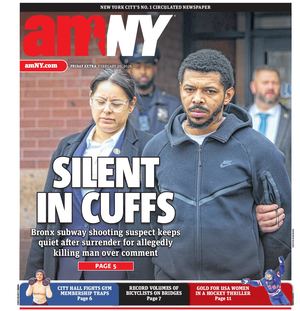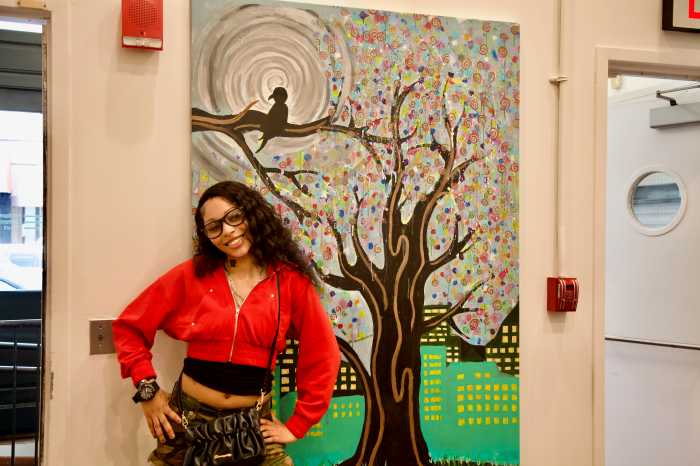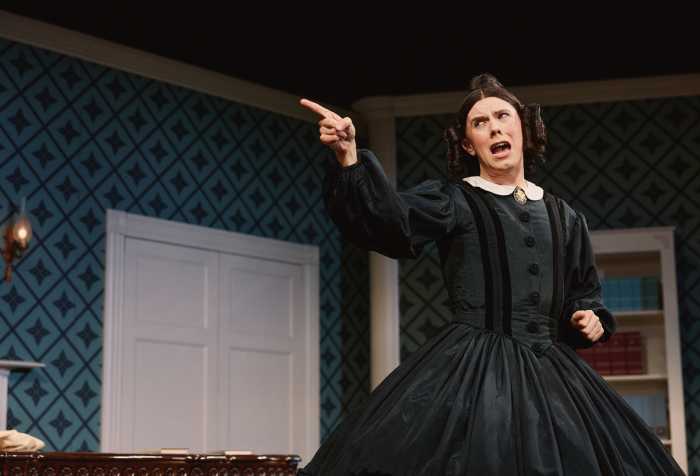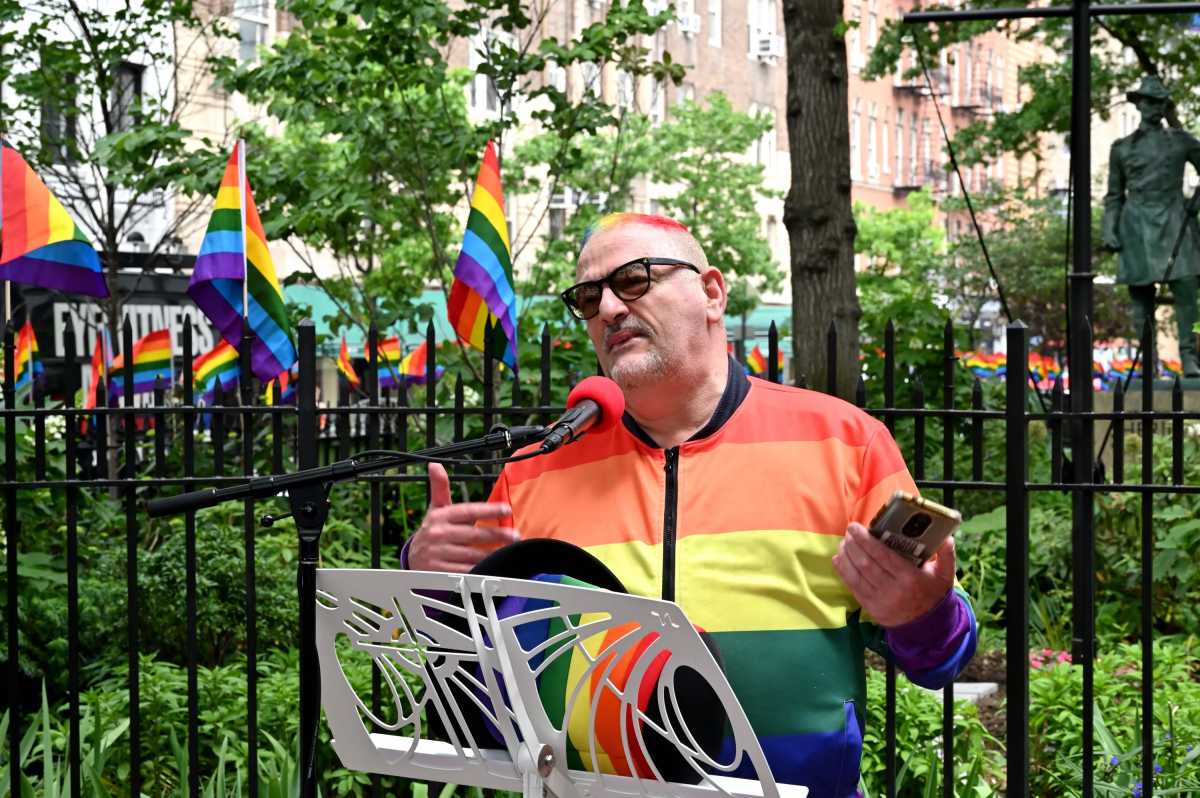James Graham’s new British drama “Punch,” which is being produced on Broadway by Manhattan Theatre Club following its London debut, begins like a thunderclap and ends in near silence.
If the first act hits like a fist, the second act opens a hand. That transformation from kinetic, near-musical chaos to quiet moral reckoning is both the play’s greatest risk and its defining feature.
Adapted from the memoir “Right from Wrong” by Jacob Dunne, the play follows a young man whose single impulsive punch outside a Nottingham bar ends another man’s life. The story unfolds across more than a decade, from Jacob’s chaotic adolescence to his uneasy adulthood. What begins as a tale of youthful recklessness becomes a meditation on guilt, forgiveness, and the possibility of redemption.
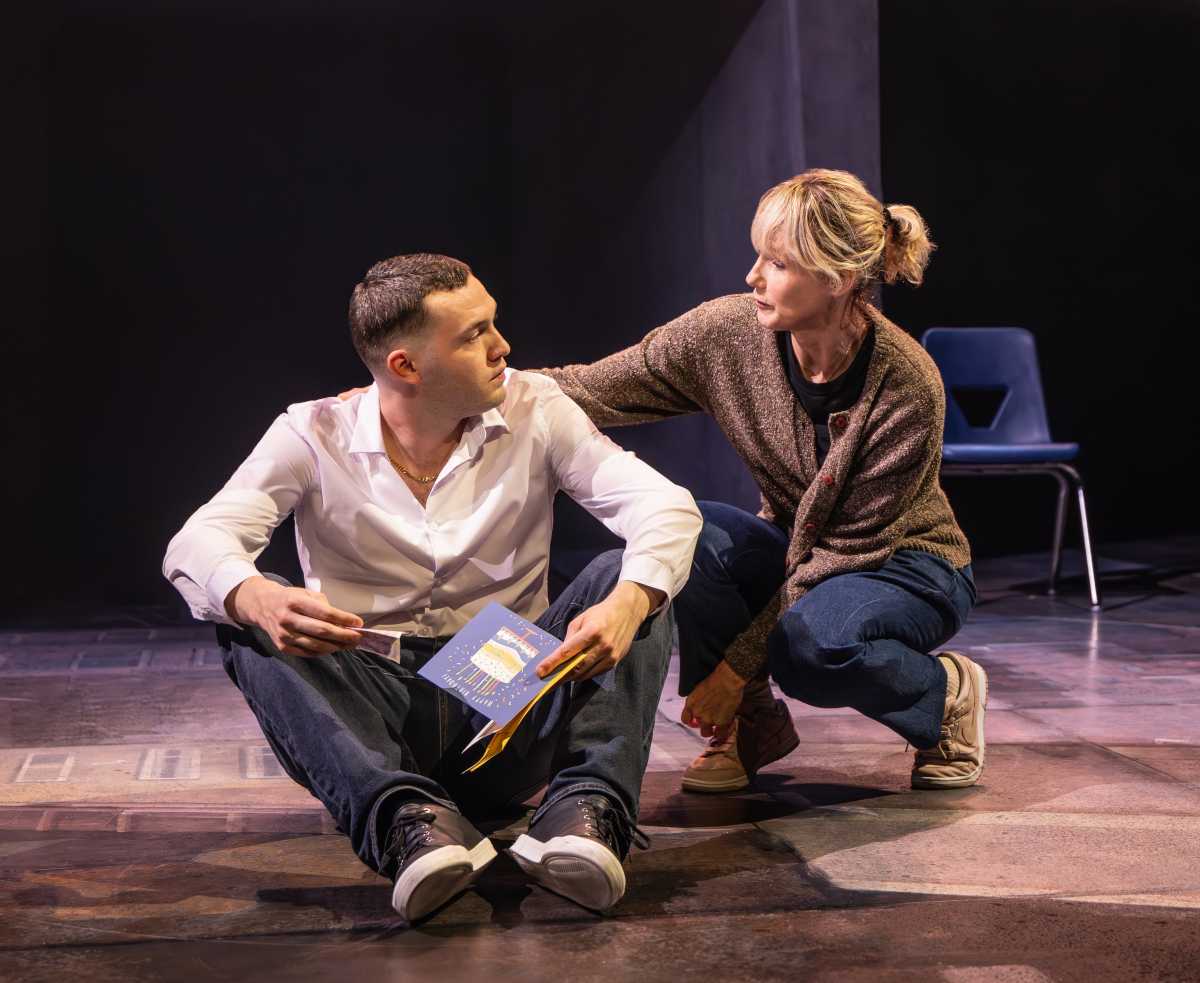
The first act, easily the play’s most gripping stretch, unfolds with thrilling theatricality. Will Harrison, in an impressive Broadway debut, plays Jacob as a restless storm of adrenaline and bravado. Addressing the audience as if we’re part of his support group, he relives the events of that fatal night through flashes of memories of friends, drugs, clubs, and chaos. The energy builds like a rave until the punch itself lands, suddenly freezing time.
Adam Penford directs with explosive rhythm, using Leanne Pinder’s movement direction to keep the ensemble—playing drinking buddies, cops, and neighbors—in near-constant motion beneath Anna Fleischle’s hulking metal bridge set. Robbie Butler’s lighting and Alexandra Faye Braithwaite’s sound design pulse with menace, creating a hypnotic swirl of movement and noise.
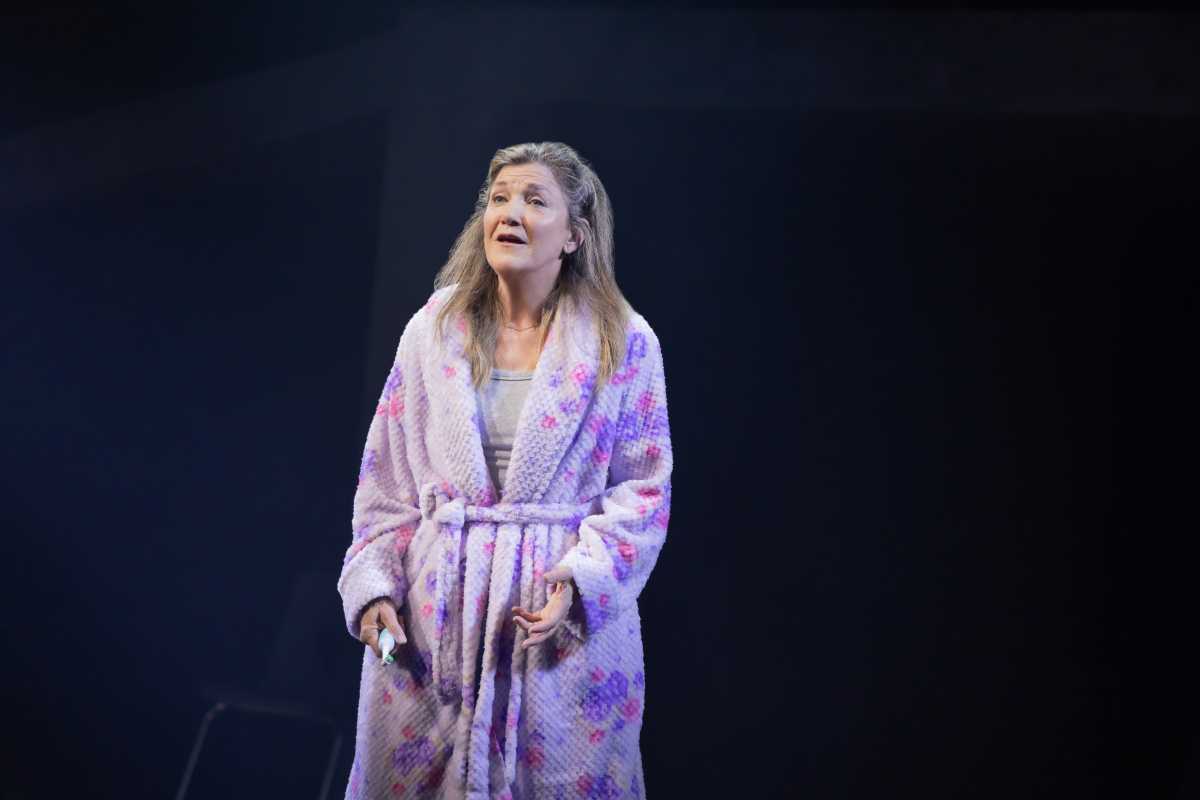
The second act slows to a near whisper as Jacob, newly released from prison, is contacted by the parents of the man he killed, played by Tony Award-winner Victoria Clark and Sam Robards. Their tentative correspondence leads to a face-to-face meeting, staged with three chairs, bare light, and silence. The scene is remarkable in its simplicity. Clark, luminous in her restraint, conveys a mother who has walked through grief into grace; Robards brings quiet dignity to a father who weighs forgiveness with caution. Harrison, stripped of the bravado that powered Act One, trembles with remorse and uncertainty.
Still, the journey to that scene can feel slow and sentimental. After the sharp, propulsive storytelling of the first act, much of Act Two turns deliberate and didactic, leaning on speeches about “restorative justice” rather than dramatic tension. The emotional sincerity is never in question, but the pacing drags and the narrative loses its charge.
“Punch” begins as a kinetic ensemble piece and ends as a moral parable; the transition, though thoughtful, feels more dutiful than organic. Graham also folds in social issues—class, family, education, crime, faith—but many of these elements feel forced or underdeveloped, as if the play is trying to tackle too much at once.
“Punch” may falter as it trades force for feeling, but its closing moment of quiet understanding lingers like a bruise. What endures is the human connection at its center: a flawed man, a grieving family, and the tentative grace that links them. Even when the writing turns earnest, its emphasis on empathy and forgiveness feels strikingly urgent in an age of zero-sum outrage.
Samuel J. Friedman Theatre, 261 W. 47th St., Through Nov. 2. manhattantheatreclub.com.
